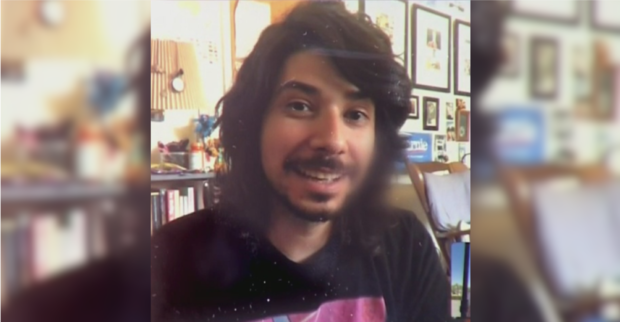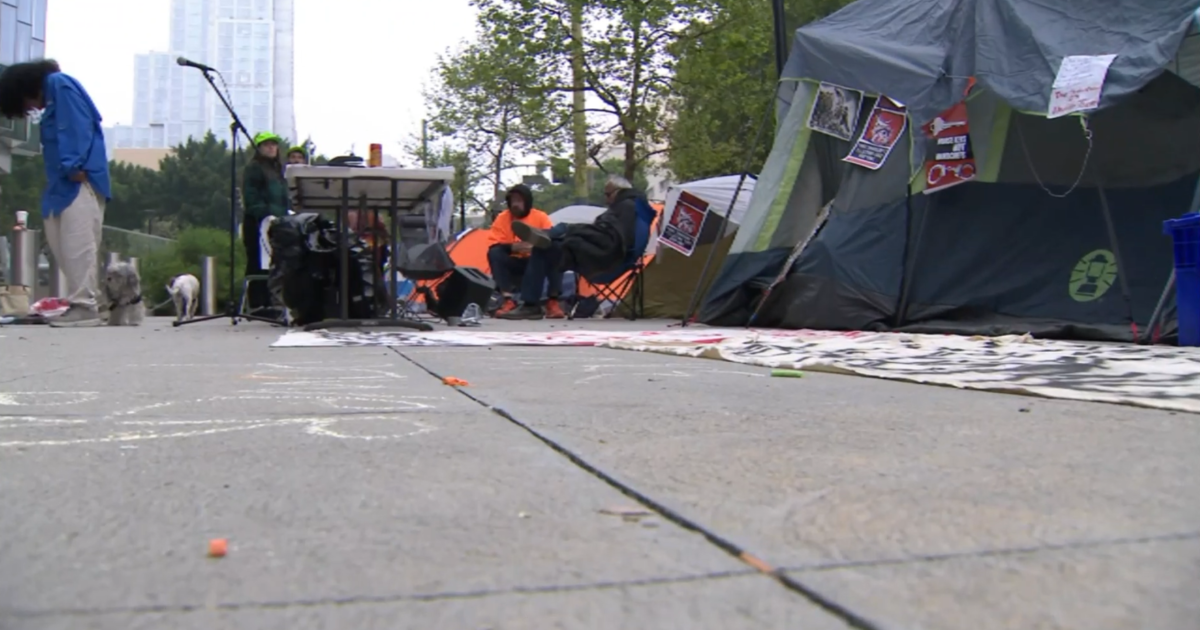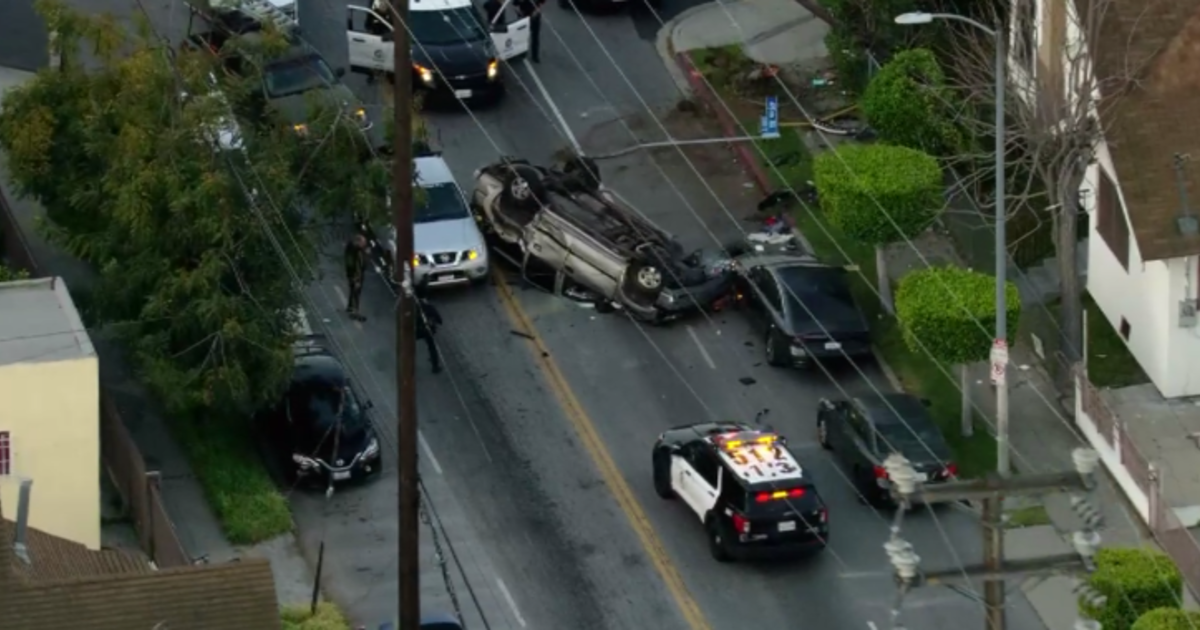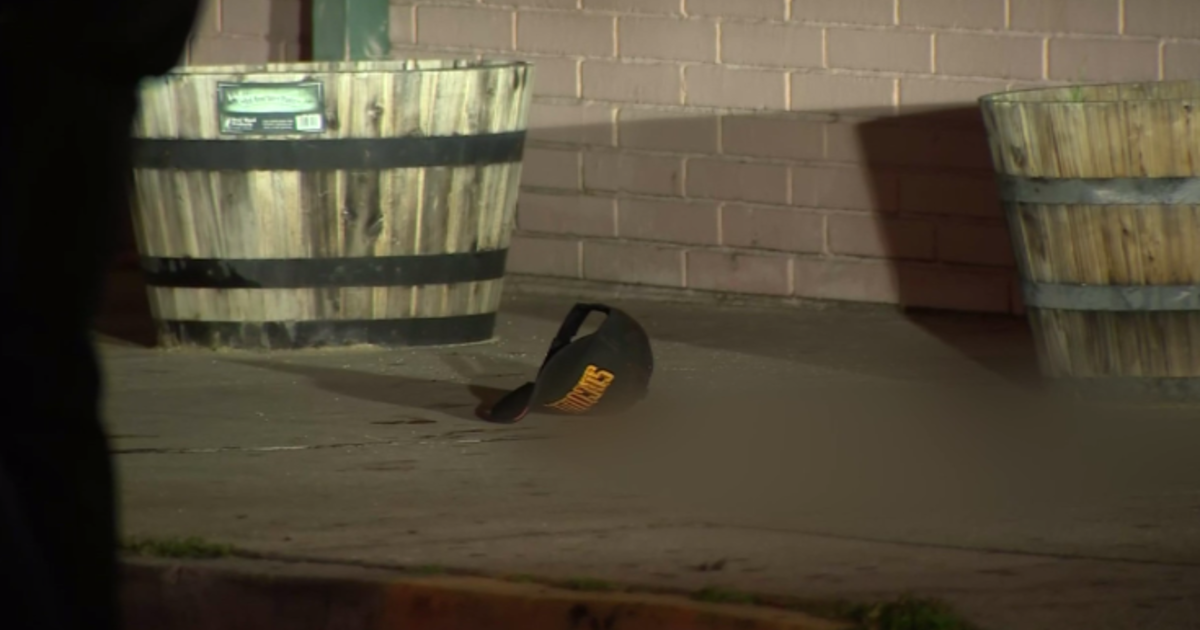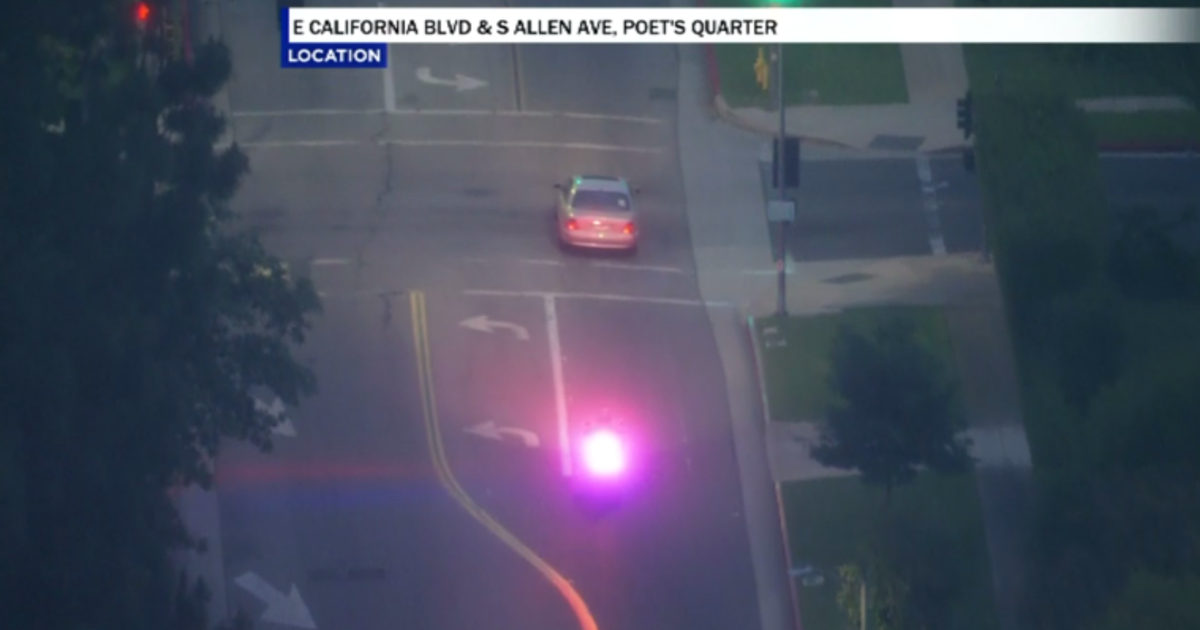People Are Volunteering To Be Exposed To Coronavirus For Vaccine Research
LOS ANGELES (CBSLA) -- Atwater Village cinematographer Antonio Cisneros lost a friend to coronavirus and has decided to be more proactive in solutions to help find a vaccine. His solution involves a controversial method: volunteering to be infected.
It's part of the "COVID-19 Human Challenge Trials" initiative from researchers and scientists through a platform called 1 Day Sooner.
The website prompts potential participants to check a box that states, "I am interested in being exposed to the coronavirus to speed up vaccine development."
Signees are not legally bound to getting infected, and the website states that signing up at this point is only an expression of interest. A formal process for selecting participants and having them consent to the trial is expected to follow.
"The sooner we figure out a vaccine, the sooner it will be helpful to the planet because the numbers are just so high," Cisneros said.
Cisneros said putting himself at risk is his way of looking out for the most vulnerable people in the population, like his aging parents.
"The people who are most affected, who are most in danger of getting sick and dying aren't being protected and I'm outraged and angry because of it. You need to be selfless, you need to be responsible for all of your community, not just yourself," Cisneros said.
With a research model based on infecting people, there is a risk involved that goes without saying. For Cisneros and the more than 30,000 people from 140 countries who have already signed up as volunteers, they're hoping the payoff will be worth it.
Richard Carpiano, a public health scientist and professor at the University of California - Riverside, says although he wants a vaccine, he doesn't believe there is enough known about coronavirus right now to speed things up by going straight to a human challenge trial.
"Speeding things up is not always exactly the best thing," Carpiano said. "We have to also be thinking about making sure that the science is done right, that people are protected along with this and that is going pay off in very important ways for us, later on, if and when we do have a vaccine that meets approval, that's bound to be effective and that's found to be safe."
Cisneros, aware of the concern his participation could cause, says he will only tell his loved ones about the trial if he is formally selected.
"I have not told my family, I am not planning to until I get cast into doing a trial. I don't want to argue with my mother for the next couple of months," Cisneros said.
The research group plans to minimize the risk to volunteers by selecting relatively young participants without underlying health conditions and keeping the patients isolated and under constant observation.
Ultimately, policymakers will have to decide if they will greenlight human trials for coronavirus.
